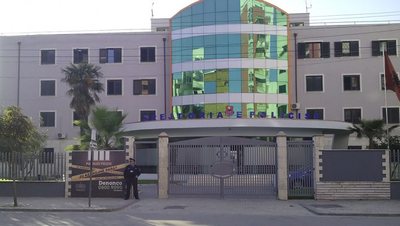
The real average gross monthly wage was only 70,288 lek in the second quarter of 2025, according to official INSTAT data. This value was 16.3% lower than the average gross monthly wage of 83,906 lek in the same period.
The real average gross monthly salary is indexed to inflation (2020=100) by INSTAT. In the second quarter of 2025, the real salary was 13,678 lek lower than the average salary. This means that with about 84 thousand lek, an Albanian buys today the same goods that in 2020 they bought with 70.3 thousand lek.
The latest data for the second quarter of 2025 show that the average monthly salary reached 83,906 lek, while the real salary was 70,228 lek. Compared to 2020 (the base year for the ICK), the increase is over 50% in nominal terms, but in real terms the increase is about 27%.
Wage performance in Albania during the period 2020–2025 shows strong nominal growth, but price performance has dampened the real growth in employee income.
During 2021, nominal wages increased to over 59 thousand lek, while real wages increased to around 57,800 lek, indicating that inflation remained low and wage increases directly translated into more purchasing power.
In 2022, the impact of price increases became apparent. Although the nominal wage reached 66 thousand lek at the end of the year, the real wage remained at around 59,383 lek, almost at the level of the previous year. This shows that the high inflation of that period significantly diminished the effect of wage increases.
In 2023, strong wage growth managed to outpace inflation. The real wage rose to 64,957 lekë, recovering the losses of the previous year, but remaining much lower than the nominal wage of 75 thousand lekë.
In 2024, the real wage for the first time crossed the threshold of 70 thousand lek, at a time when the nominal wage reached over 83 thousand lek. The real wage was 84 percent of the average gross monthly wage in the second quarter of 2025, compared to 90 percent in 2022.
Although policies to increase the minimum wage and public and private sector wages have helped to rapidly increase official incomes, inflation has neutralized most of this benefit. According to experts, rising food prices and rents have made citizens feel less of the effect of wage increases in their daily lives.
The performance of real wages shows that wage increases must first improve purchasing power, otherwise the growing gap between wages on paper and consumers' reality will continue to deepen./ Monitor






















